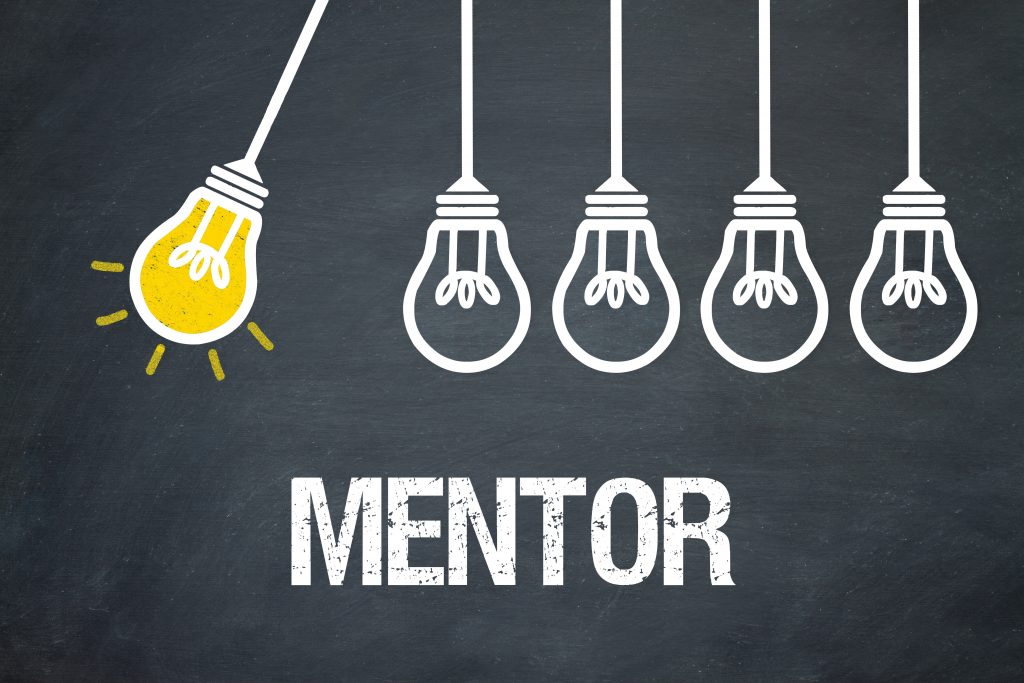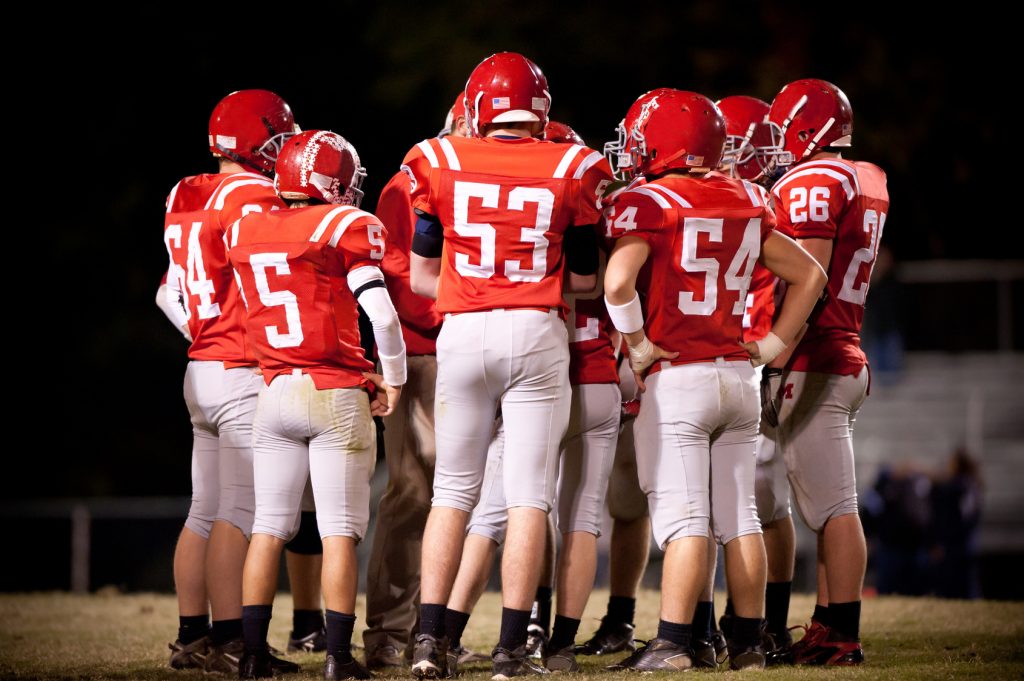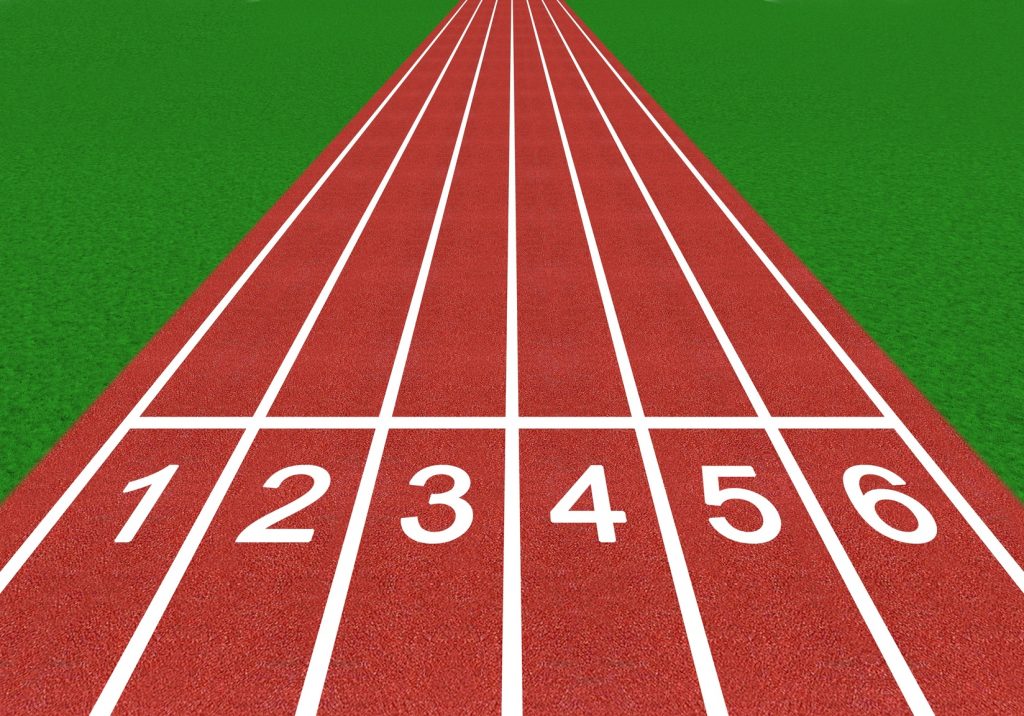2018 Year in Review

As we ease ourselves into the year ahead, here is a round-up of the most popular SIRCuit articles and SIRC blogs from 2018! Top 5 SIRCuit articles The implications of cannabis legalization for athletes Issues in athlete identification and selection: Are we compromising talent? A year in the making – Reflections on Canada Artistic Swimming’s…
Endurance and External Focus
Endurance athletes use a number of strategies to distract themselves and manage their performance. For example, athletes can manipulate their attention, focusing either internally (e.g. on the running movement, internal body signals) or externally (e.g. on the environment, music). Research reported in the Journal of Sport & Exercise Physiology measured running economy to confirm the…
Coaches and Ethical Behaviour
Don’t underestimate the influence of coaches on ethical behaviour. Recent research with amateur athletes from Football Federation Flanders confirmed the importance of coach ethical behaviour in creating a moral bond between coaches and athletes, and supporting a positive ethical climate the club.
Athlete Perspective: The Value of Mentorship

SIRC’s Athlete Perspective series provides insight and recommendations on key issues from an athlete’s perspective. The collection of blogs and SIRCuit articles profiles Canada’s Olympic and Paralympic athletes and taps into their lived experience. Success isn’t accomplished alone. It takes a balance of hard work, open mindedness, and most importantly, mentorship. As long ago as…
The Implications of Cannabis Legalization for Athletes
The legalization of cannabis in Canada will have significant implications on the Canadian sport system, ranging from anti-doping policy, to athlete and staff safety and wellbeing, to risk management for organizations. In conjunction with its partners, SIRC will be providing insight and resources to support sport organizations in navigating the many issues. This SIRCuit article,…
Taking Athlete Development to a New Level: Understanding the Value of a Trauma-Informed Approach
Increasing attention in research and practice has focused on the physical and psychological impacts of trauma and violence, for example from living in conflict zones or experiencing family violence. In North America, such work has led to an increased understanding of the prevalence and impact of adverse childhood experiences (ACEs). These include childhood physical, sexual…
The Development of Executive Functions and Social and Emotional Learning Skills Through Sport
One of the biggest stories coming out of the 2018 Winter Olympics was the success of the Norwegian Team, who topped the overall medal count with 39 medals (7.33 medals/million population), compared to Canada’s third-place standing with 29 medals (0.81 medals/million population). In team rooms and in the media, everyone was asking “How did such…
Issues in Athlete Identification and Selection: Are We Compromising Talent?
Despite some important ethical and developmental concerns, early identification and selection is the modus operandi of high performance sport. Most sport systems internationally have limited resources for high performance athlete development and, as a result, have to make predictions about who has the greatest likelihood of future success. Notions of talent also play critical roles…
Happy birthday? How your birthdate contributes to success or failure due to the “relative age effect”

Have you ever stopped to wonder the difference a day can make? Say, being born December 31st or January 1st? This small 24-hour window could be the difference between competing in elite vs. recreational sport, or being identified as “gifted”, or (mis)diagnosed with a learning disability in school. Many youth development systems (e.g., sport and…
Lessons from the Start Line – Applying Sport Experiences to a Future Career as a First Responder

I was born in 1995 which means I fall under the very prestigious title of a millennial. Not only are we known for the extensive technological integration into our lives, but also for our high unemployment rates and decreased job satisfaction. This pushes many to stay at home with their parents and continue post-secondary education…